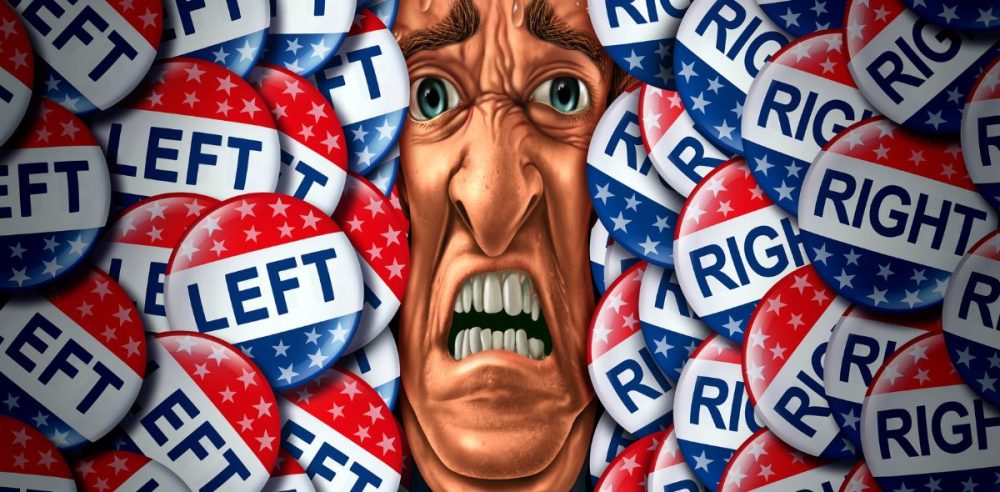The annual mental health poll conducted by the American Psychiatric Association in 2024 revealed that there is a growing sense of anxiety among U.S. adults.
43% of adults reported feeling more anxious compared to the previous year. Current events top the list, with 70% expressing anxiety, especially regarding the economy, the election, and gun violence, reported the American Psychiatric Association.
“Living in a world of constant news of global and local turmoil, some anxiety is natural and expected,” said APA President Petros Levounis, M.D., M.A. “But what stands out here is that Americans are reporting more anxious feelings than in past years. This increase may be due to the unprecedented exposure that we have to everything that happens in the world around us, or to an increased awareness and reporting of anxiety.”
Exposure is an interesting concept, as advances in technology have brought people together and caused great division.
MIT Technology Review emphasized Mary Shelley’s 1818 novel Frankenstein as a cautionary tale about the potential consequences of using technology to assume the role of God and the resulting ambiguity between human and non-human entities.
We now maintain contact with friends and family without meeting them in person, purchase books without engaging with a store attendant, and enroll in an online course without encountering the instructor or being aware of the other students, notes MIT.
“For us as a society, less contact and interaction—real interaction—would seem to lead to less tolerance and understanding of difference, as well as more envy and antagonism,” musician and artist David Byrne wrote. “As has been in evidence recently, social media actually increases divisions by amplifying echo effects and allowing us to live in cognitive bubbles … When interaction becomes a strange and unfamiliar thing, then we will have changed who and what we are as a species.”
Couple isolation with data overload, and it is easy to become overwhelmed or complacent in discerning truth from partial or total lies. And even if people trust what they hear, they may be anxious about the consequences.
Consider the USA TODAY/Suffolk University Poll released on October 24, which revealed that 43% of respondents expressed that they were “very” confident that the election results would be accurately accounted for and reported. However, an alarming two-thirds of those polled are worried about the potential for political violence on and after Election Day.
There is actually such a thing as “election stress disorder” that is compounded by increased levels of stress around an election, regardless of political affiliation, per Headspace. Constant media coverage, debates within families and with friends, nasty comments from keyboard warriors, and more can make many people feel uncertain.
There is growing anxiety due to current events and the uncertainty following Election Day. Consequently, a lot of individuals are experiencing heightened reactivity, irritability, or withdrawal.
Experts advise limiting screen time, taking digital breaks, voting, and finding healthy outlets for enjoyable activities.


